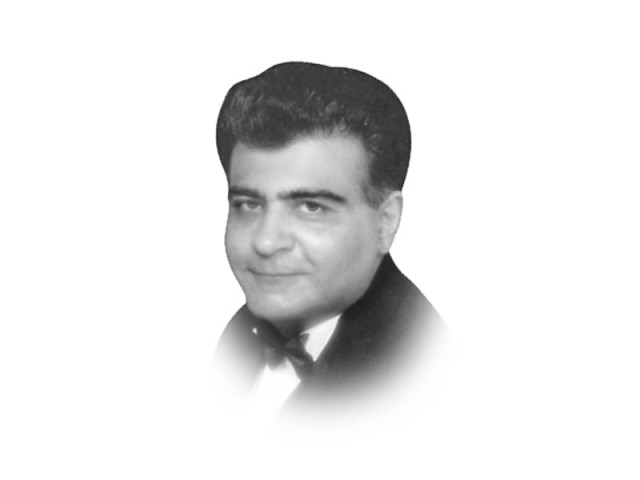An index where Pakistan does well!
HPI ranks Pakistan 16th among 151 countries, score derived from life length, satisfaction, environmental use levels.

With a view to overcoming these omissions, the HPI first considers the average length of life that people enjoy in a country based on United Nations Development Programme information. Second, it considers the life satisfaction levels reported by people in different countries in the Gallup World Poll. Finally, it considers the intensity of scarce environmental resources use for countries by using the ecological footprint index promoted by the World Wildlife Foundation. The HPI is then calculated by multiplying life length levels by life satisfaction levels and dividing it by the ecological footprint score. The HPI is thus a benefit-cost measure — happiness in life times the length of life (benefit) divided by the environmental resources used (cost) generated in deriving that quality of life.
The index reflects the growing realisation that there is first the group of poor countries where economic development is so low that the quality of life is abysmal for the majority of citizens. Secondly, there are the rich countries where the GDPs per capita are very high but reported life satisfaction is not increasing in pace, e.g., while American per capita income has quadrupled since 1945, reported life satisfaction has remained flat. The fast pace of life in many developed countries is leading to high stress, obesity, alienation and other social problems. At the same time, their environmental resources use per capita is so high that it threatens the whole globe. Finally, there are many middle-income countries, which neither suffer from the abject poverty prevalent in poor countries, nor exhibit the high levels of social or environmental problems prevalent in rich countries.
This suggests that, perhaps, the goal for countries should not be endless economic growth but an optimal level, which eradicates abject poverty without producing high levels of social and environmental problems (similarly, the goal for individuals could be an optimal level of wealth). Unsurprisingly, 18 of the top 20 HPI countries are middle-income, including Pakistan, which graduated to the World Bank’s middle-income ranks last year (partially due to double-digit inflation, which has boosted per capita GDP artificially). Nine of the top 10 HPI countries are located in Latin America and the Caribbean. The very rich and very poor countries understandably do not do so well on the index. Even the countries doing well do not necessarily score high on all dimensions.
The HPI ranks Pakistan 16th from the top among 151 countries. Pakistan’s high score derives from medium life length and satisfaction and low environmental use levels. Pakistanis can feel happy at Pakistan’s high score on the HPI (hopefully, that will enhance Pakistan’s future rankings even further!). However, it is also important to note simultaneously that this measure does not erase Pakistan’s low scores on many other social and economic measures. Moreover, the HPI also has its limitations like all other indicators, though one must also resist the temptation to dismiss such indices as completely useless. The HPI is actually stronger than many other similar indices. The best thing would be to use the performance on this measure as a motivation for improving Pakistan’s performance on the many other social and economic spheres where it lags behind. More importantly, the HPI highlights the fact that the real goals of human progress are linked to life satisfaction rather than wealth beyond a certain level of wealth.
Published in The Express Tribune, July 18th, 2012.















COMMENTS
Comments are moderated and generally will be posted if they are on-topic and not abusive.
For more information, please see our Comments FAQ